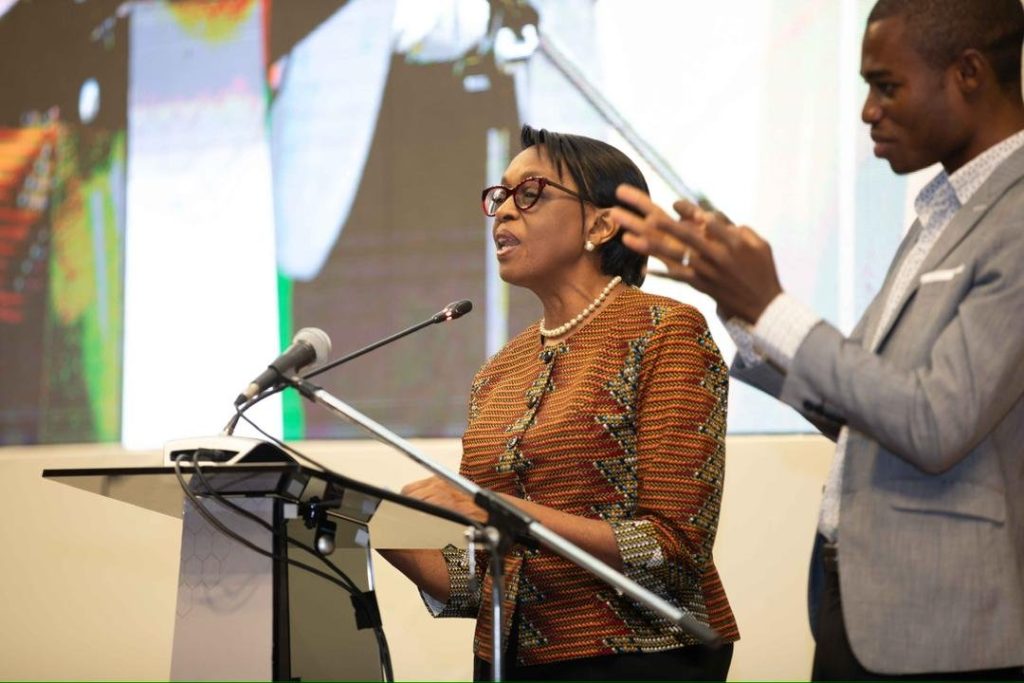By Catherine Nambi
In the early stages of her career, Dr Ana Baptista a senior project Director at Jhpiego in Mozambique was deployed in a very remote area of Mozambique which was facing a Cholera outbreak and recalls a statement form one of her male colleagues who told her he couldn’t take orders from women as she tried to give an input in what was needed to prepare a response to the outbreak.
Speaking during a breakaway session at the 3rd International Conference on Public Health in Africa (CPHIA 2023) in Zambia Dr. Anna said basing on her colleagues’ statement she realised that the health systems in Africa still grapple with gender norms that limit women’s frontline participation in decision making.
Available statistics indicate that despite constituting 70% of the health workforce globally, women only hold 25% of leadership positions in the health sectors.
Dr. Matshidiso Moeti, World Health Organization (WHO) Regional Director for Africa, acknowledges a need to harness the potential of women in decision making in the health sector by placing them in top positions and mentoring more young women to take up such positions.
“Significant disparities persist in women’s representation in leadership roles globally, particularly within the fields of STEM. This underrepresentation has far-reaching consequences, influencing decision-making processes at various levels.” Dr. Matshidiso Moeti explained
According to Dr Tlaleng Mofokeng the United Nations Special Rapporteur on the Right to Health there is a need to conceptualize traditional gender roles to unlock young girls and women potential to contribute to general well being and health of their societies.

“Young girls need to be at the center of all processes of governance not just as a token of appreciation in numbers but must be given the authority and the power to effect necessary change.” Dr Tlaleng Mofokeng said.
Prof Nkandu Luo a microbiologist and former minister in the government of Zambia says women need to be empowered financially and in terms of science and technology to be able to make informed decisions about their health.
Prof Nkandu Luo noted, “Women should be able to google some of the things that are bothering them. We need to have more women in science, for example engineers, and doctors. Women need to be at the table of decision making so that they are able to influence good policies. We also need to invest in research for women.”
Dr Abdulaziz Mohamed the head of the division of disease Control and prevention at the African Centres for Disease Control and Prevention (Africa CDC) notes that the continental body has developed a strategy to develop member states’ implementation of the Maputo plan of Action put in place by the African Union to support components of maternal and child health care.
“And for us in the Africa CDC we will continue to push very hard using his strategy. One of the main pillars of the latest Africa CDC strategy is to support our members states on the prevention and control of high burden diseases and in this area maternal and child health care is one area that we will push very hard.” said Dr Abdulaziz.
Uplifting women in healthcare leadership is being viewed as an essential building block of strengthening health systems to achieve Universal health coverage and social Development goals by African countries.























